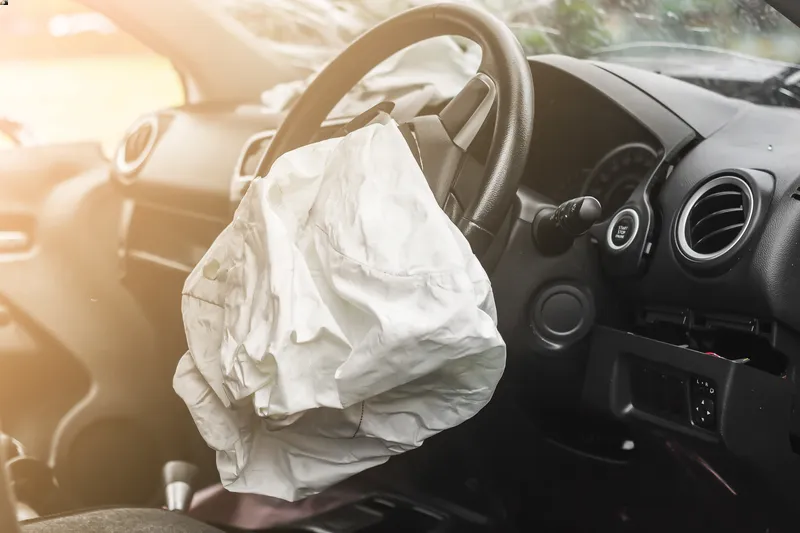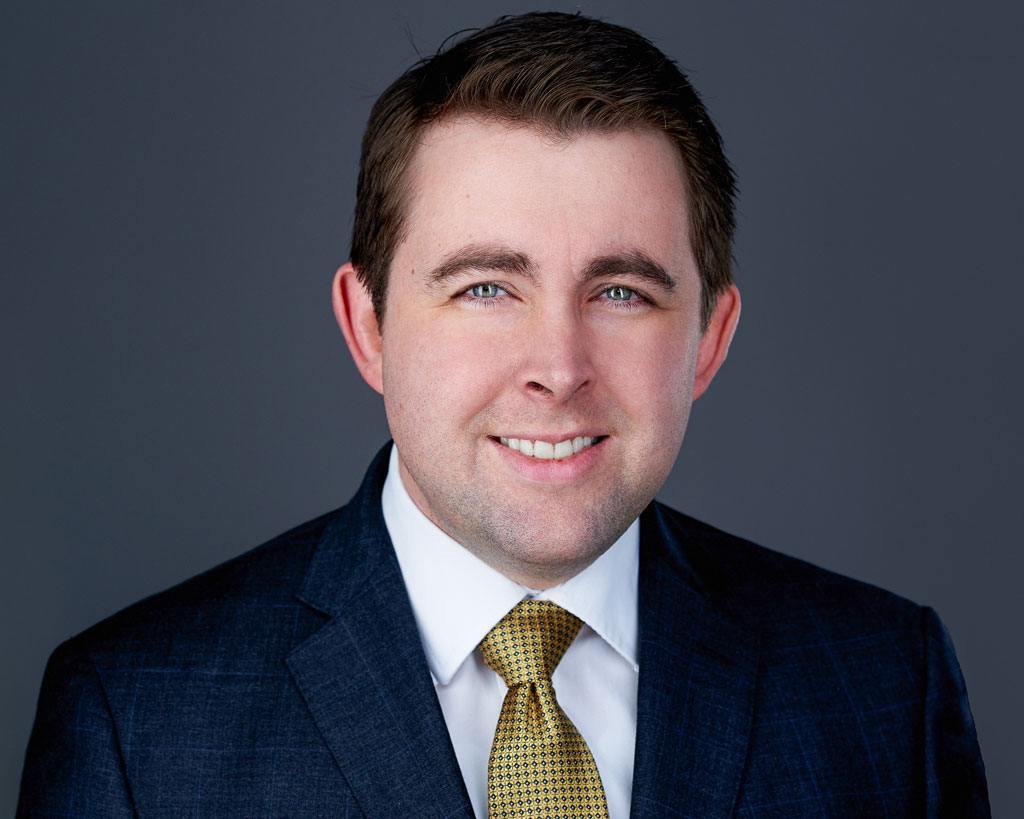
In a perfect world, insurance policies would cover all damages from an auto accident.
When this does not happen, accident victims often want to know if a settlement can exceed an insured’s policy limits.
Because Texas has complex rules about collecting personal injury settlements over insurance limits, it is important to discuss your case with an experienced auto accident attorney.
Get a Free Consultation Today!
Texas Auto Insurance Policy Limits
Texas requires every automobile owner to purchase basic liability insurance. The Texas minimum liability limit for coverage is called a 30/60/25 policy.
This coverage includes $30,000 for bodily injury to a single person, $60,000 for bodily injury for any one accident, and $25,000 in property damage coverage.
In cases where a claim exceeds Texas auto insurance policy limits, anything over that amount may be the policyholder’s responsibility.
What Happens If Accident Damage Exceeds Your Car Insurance in Texas
In Texas, if someone sues you for an amount exceeding your insurance coverage, you may face personal liability. This situation might lead to a deficiency judgment—a debt calculated as the claim amount minus your liability insurance policy limits.
Unfortunately, there are several reasons why it is unlikely for an accident victim to attain more than their or the at-fault driver’s applicable policy limits.
First, any settlement a victim reaches with an at-fault driver’s insurance company will require the victim to release the at-fault person from further liability.
A lawsuit settlement for a claim exceeding an at-fault driver’s policy limit is also unlikely, as it requires the at-fault driver to have personal wealth that well exceeds their liability limits.
This is especially true in Texas, where under the Texas Property Code, Sections 41.001, most of a policyholder’s assets are exempt from being collected to enforce a judgment.
Finally, Texas considers lawsuit judgments to be unsecured debt. Furthermore, most judgments in Texas civil proceedings are fully dischargeable through bankruptcy.
This means that even if a victim could obtain a judgment against an at-fault driver, the driver could discharge the judgment in bankruptcy court.
Because the judgment would be an unsecured debt, it would be last in line to be paid out in a bankruptcy proceeding.
The only exception falls under the Texas Stowers Doctrine.
Stowers Doctrine in Texas
The Stowers Doctrine holds that an insurance company must use reasonable care when handling a policyholder’s claim.
If an insurance company can reasonably settle a claim for an amount within the policy limits, the insurance company may be liable to the insured for any excess judgment if the claim fails to settle.
Since, with rare exceptions, the at-fault driver’s liability policy limits an auto accident victim’s recovery, your best action after an auto accident is to speak with an attorney.
A skilled auto accident attorney can explain all possible options.
Contact Texas Car Accident Attorneys You Can Count On
If you or someone you care about was injured in an auto accident, please do not hesitate to contact us at 832-402-6637 for a free consultation.
At Armstrong Lee & Baker LLP, our experienced auto accident attorneys have dedicated their careers to fighting for your rights.
Our passionate advocates believe in carefully evaluating every case that comes through our door, and we never take a fee unless you win.
severe injuries demands serious results
Frequently Asked Questions
Absolutely nothing. At Armstrong Lee & Baker LLP, our attorneys work on a contingency fee basis. This means that you owe us nothing unless we win your case, whether that’s in the form of a settlement or a judgment. We offer a free consultation to anyone who thinks they might have a personal injury case.
We suggest speaking with an attorney as soon as possible after your injury. Something to keep in mind is that all personal injury cases need evidence, and that evidence often degrades over time. As a result, many jurisdictions have a strict statute of limitations (or time limit) for filing a claim. In Texas, most victims have only two years from the date of injury to file, so it is important to start building your case immediately.
In the state of Texas, employers have the option of filing for workers’ compensation insurance. This policy covers them in case an employee suffers an injury on the job. However, some employers choose to be non-subscribers, which means they opt out of this coverage and lose certain legal protections. This means that if an injured employee sues them after a work injury, they may end up paying more damages. In addition, they may be liable for pain and suffering, punitive damages, and medical benefits. Learn more about non-subscriber injuries here.
The Texas Department of Insurance (TDI) keeps track of employers that report their non-subscriber status. Currently, you can find a spreadsheet of every reported non-subscriber business in Texas under TDI’s workers’ compensation insurance coverage verification page. This includes the business address, business name, and filing dates. Learn more here.
There are a few different ways to manage your bills while waiting for your case to settle. For medical treatment, it is common to arrange a lien with the doctor’s office or hospital. A medical lien is essentially an agreement to pay back your treatment costs with a portion of your potential settlement. Another option for miscellaneous bills, such as rent, utilities, or other essential expenses, is lawsuit funding. Much like a lien, you pay these loans back with a portion of your settlement or judgment. However, these loans have high interest rates and fees, so be sure to discuss this option with your attorney.
